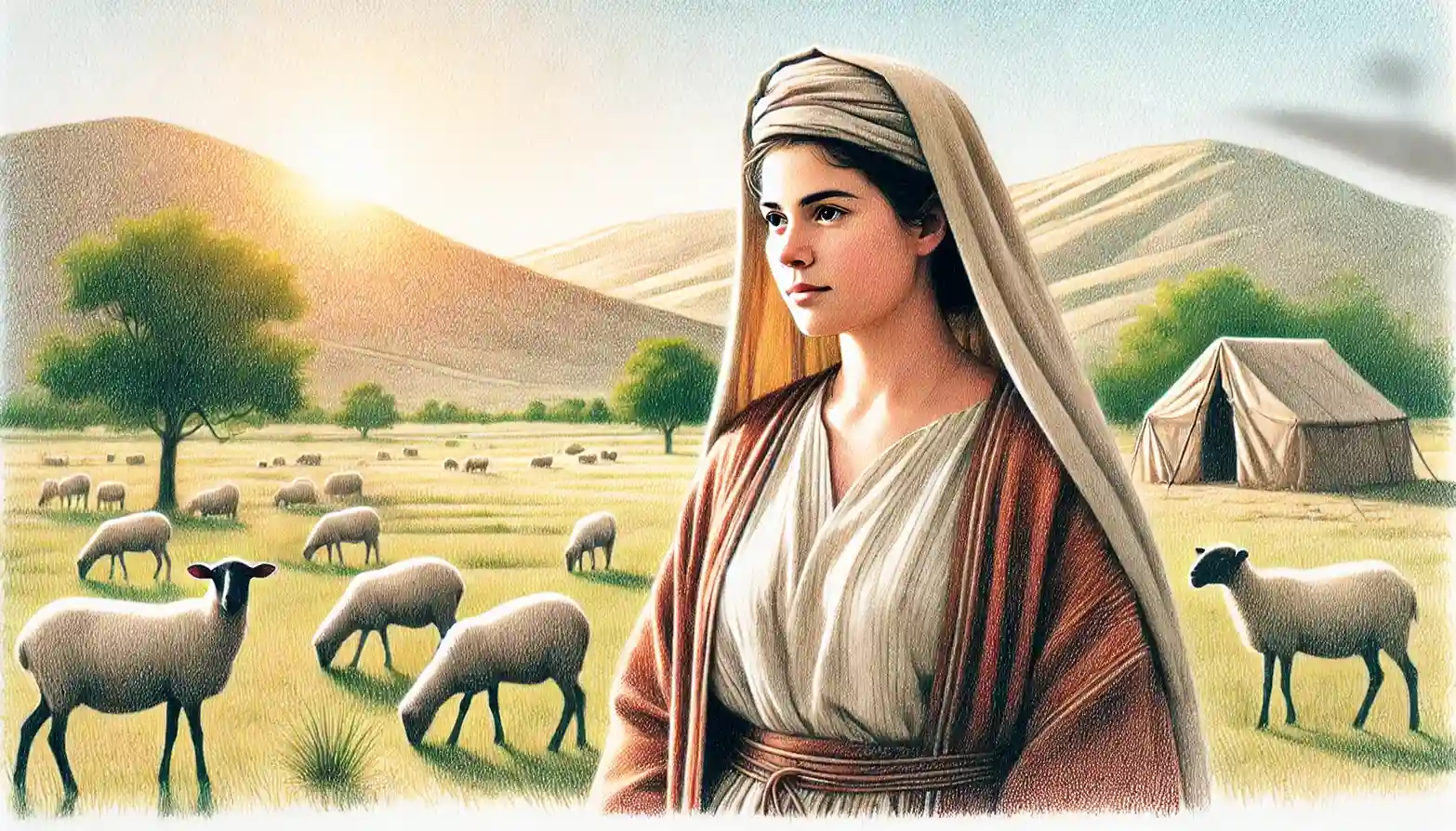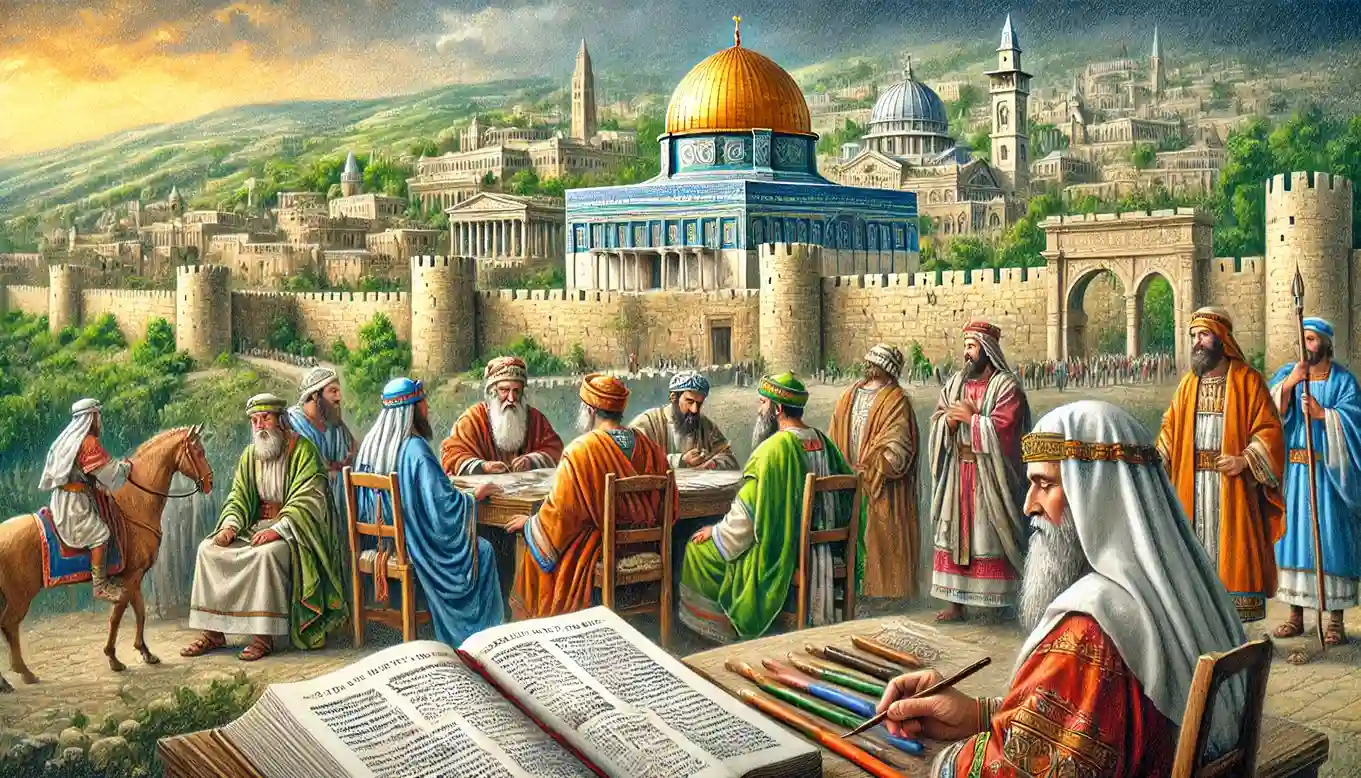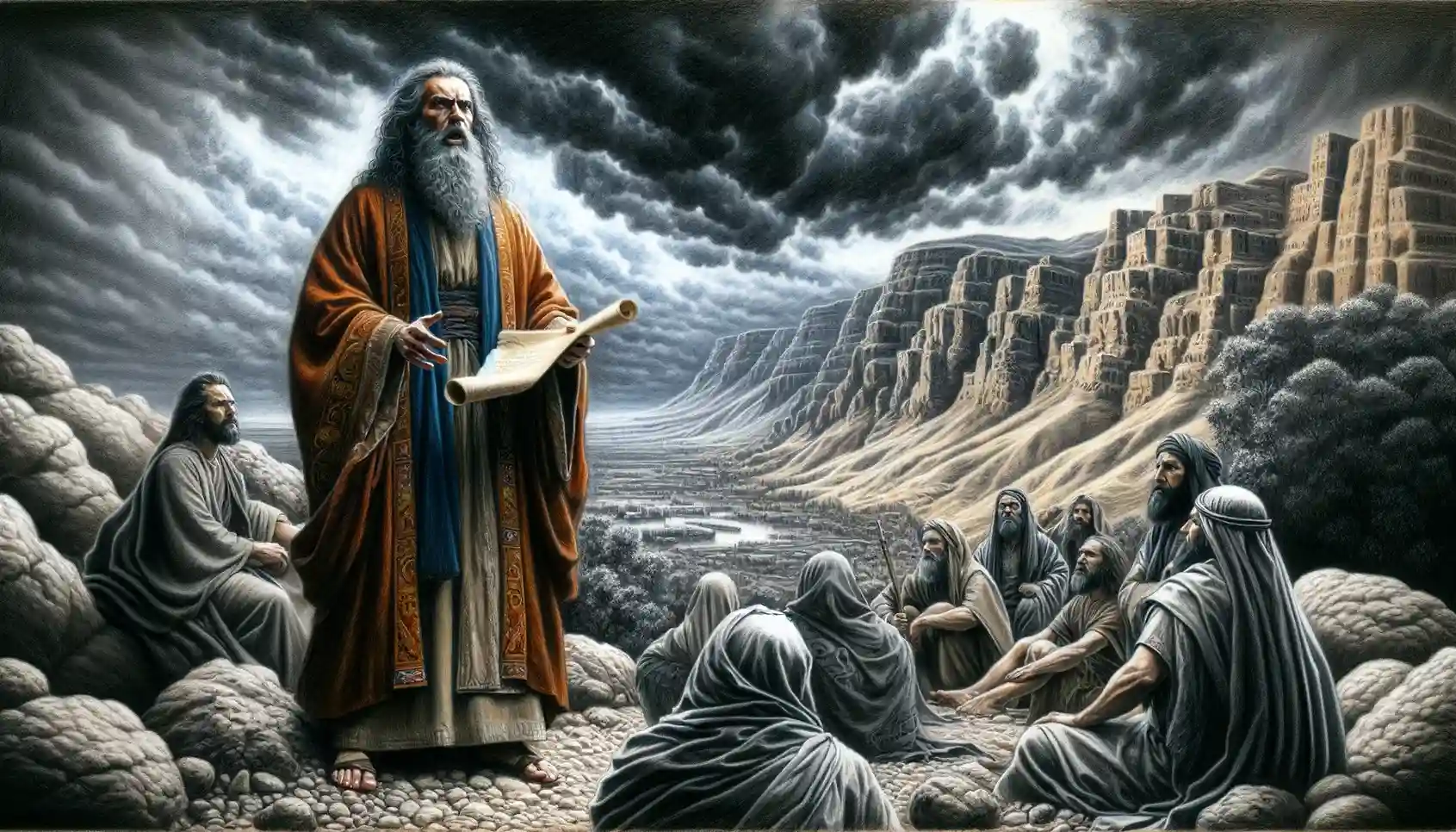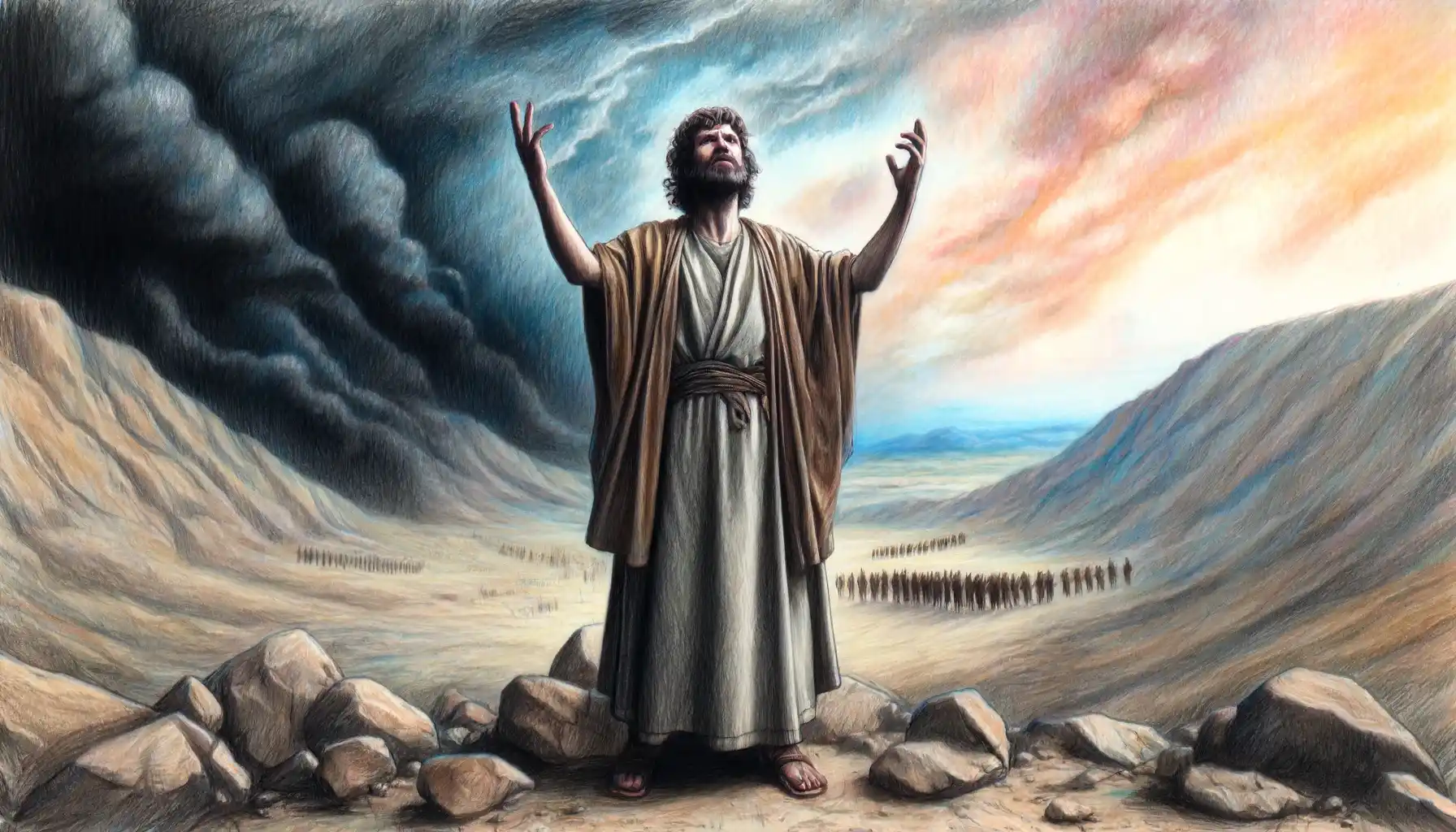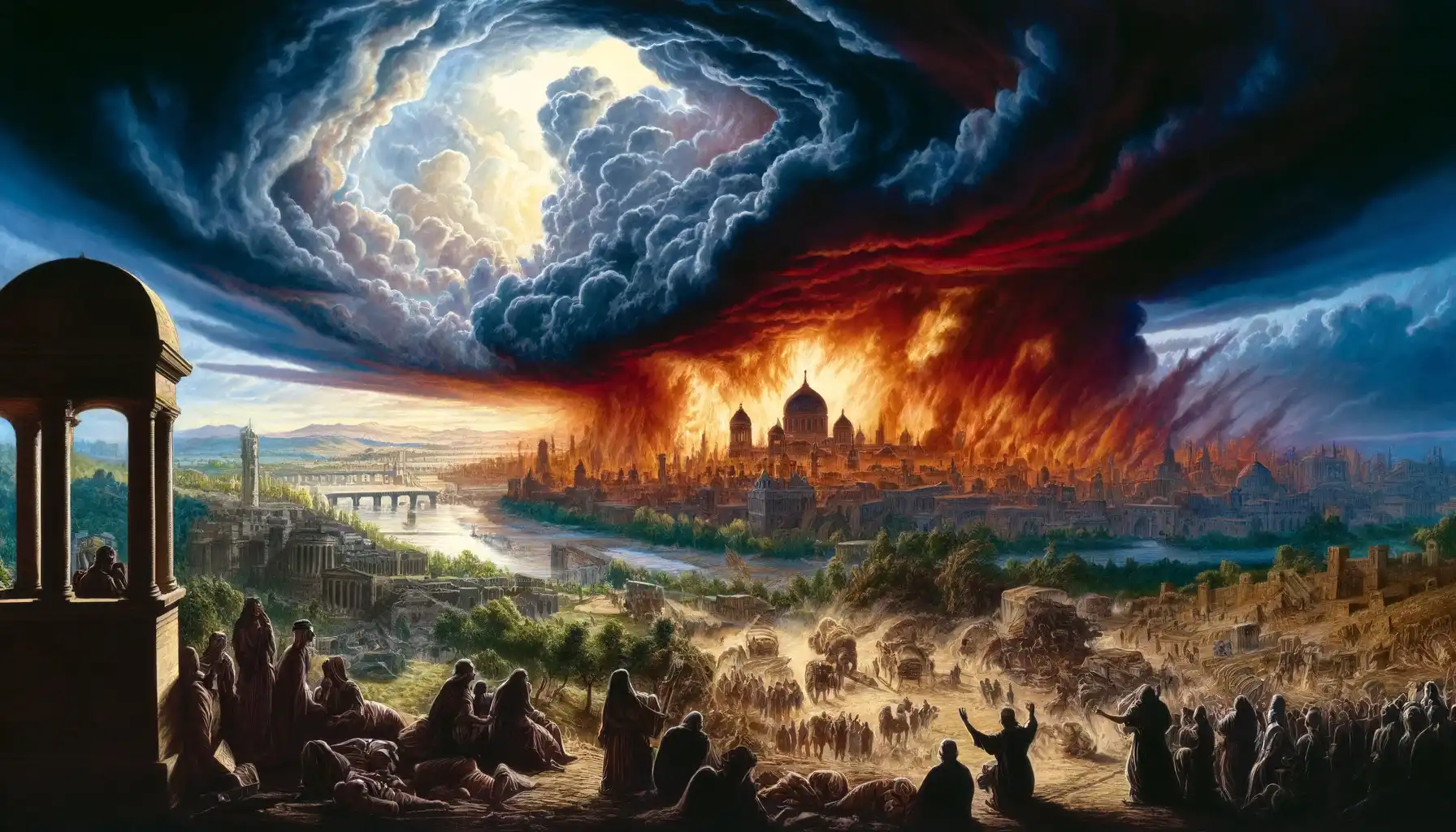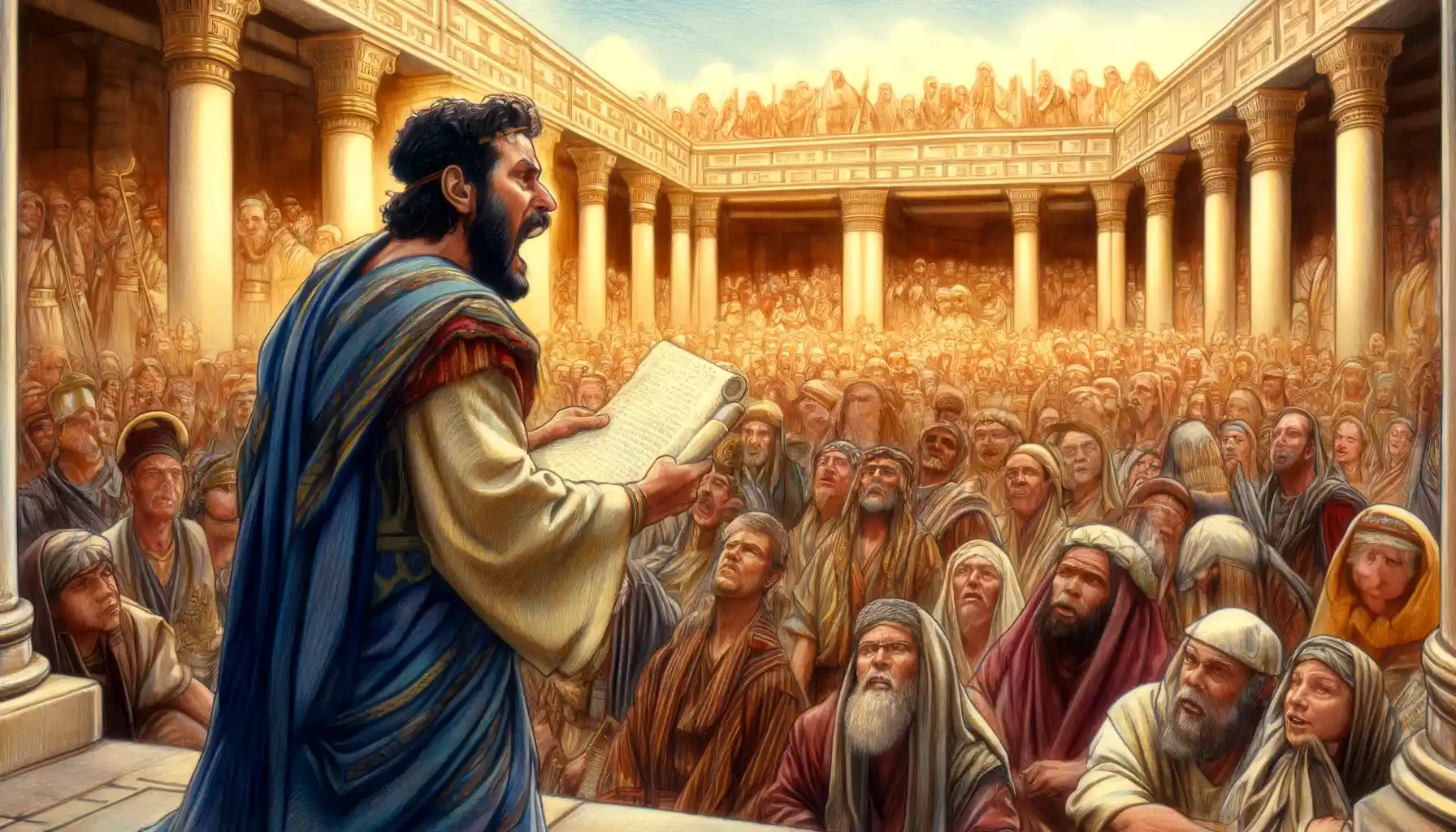Leah, the first wife of Jacob and sister of Rachel, is a key biblical figure whose life is marked by her marriage through deception, her role as the mother of six of the twelve tribes of Israel, and her enduring faith amidst personal struggles.
The Southern Kingdom of Judah, formed after the division of the united monarchy, was centered in Jerusalem and ruled by the descendants of David, experiencing periods of reform and decline before its conquest by Babylon in 586 BC.
Edom, named after Esau, is a significant biblical region south of the Dead Sea, known for its conflicts with Israel, strategic trade location, and prophetic judgments.
Zephaniah, a prophet during King Josiah’s reign, warned of the impending Day of the Lord, calling for repentance and promising restoration for the faithful remnant.
Obadiah, a minor prophet, delivered a prophecy focusing on the divine judgment against Edom for its betrayal and cruelty towards Judah, emphasizing themes of divine justice, the restoration of Israel, and the ultimate triumph of God’s kingdom.
The Book of Zephaniah offers a profound exploration of divine justice, emphasizing the seriousness of sin and the hope available through repentance and humility.
The Book of Habakkuk offers a profound reflection on the complexities of divine justice, the problem of evil, and the essence of true faith.
The Book of Joel provides a rich tapestry of prophetic insights, balancing stern warnings with hopeful promises, making it a text of significant religious and moral teachings.
Jeremiah’s messages, marked by their intensity and range from despair to hope, offer a deep exploration of the challenges and responsibilities of being in a covenant relationship with God.

